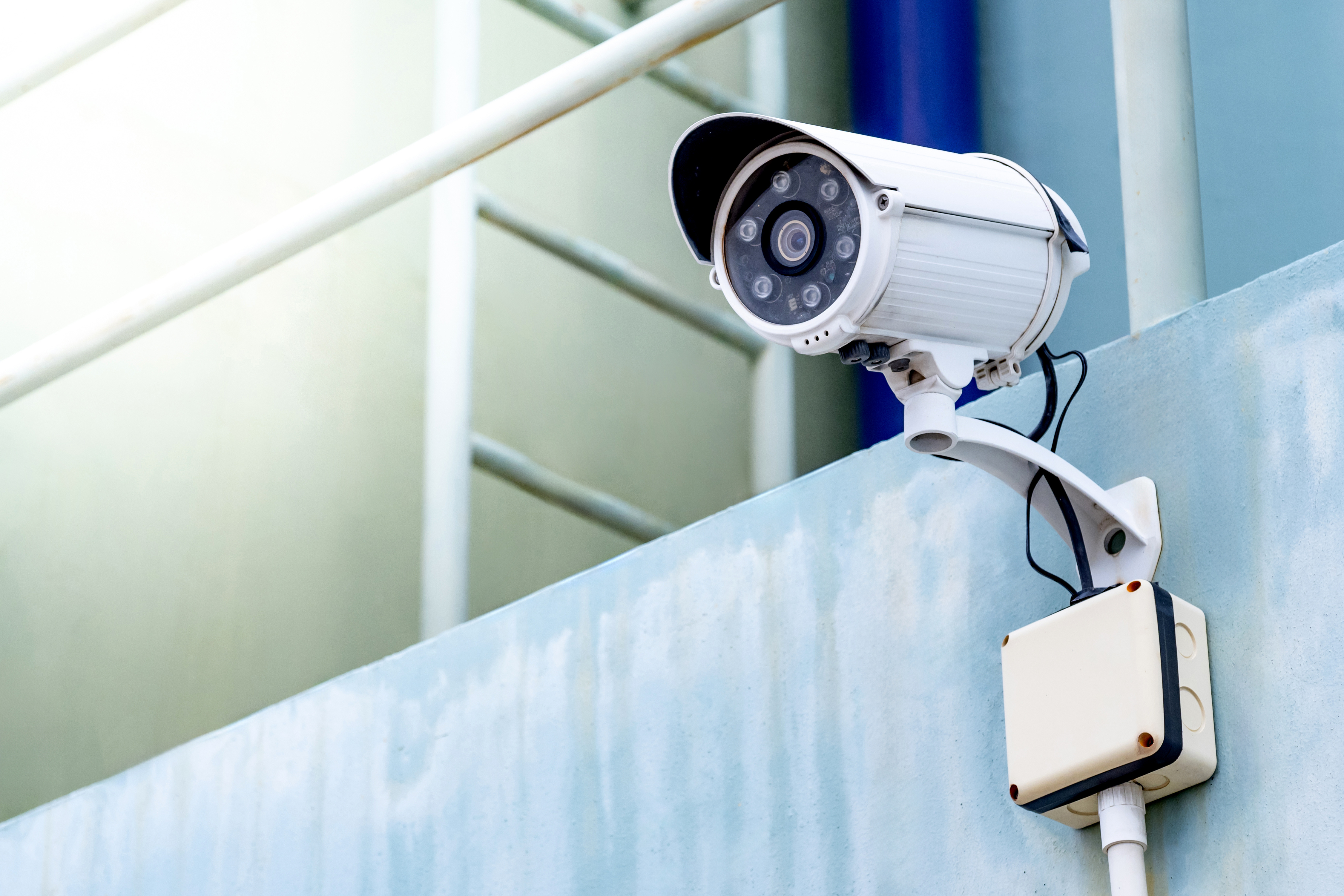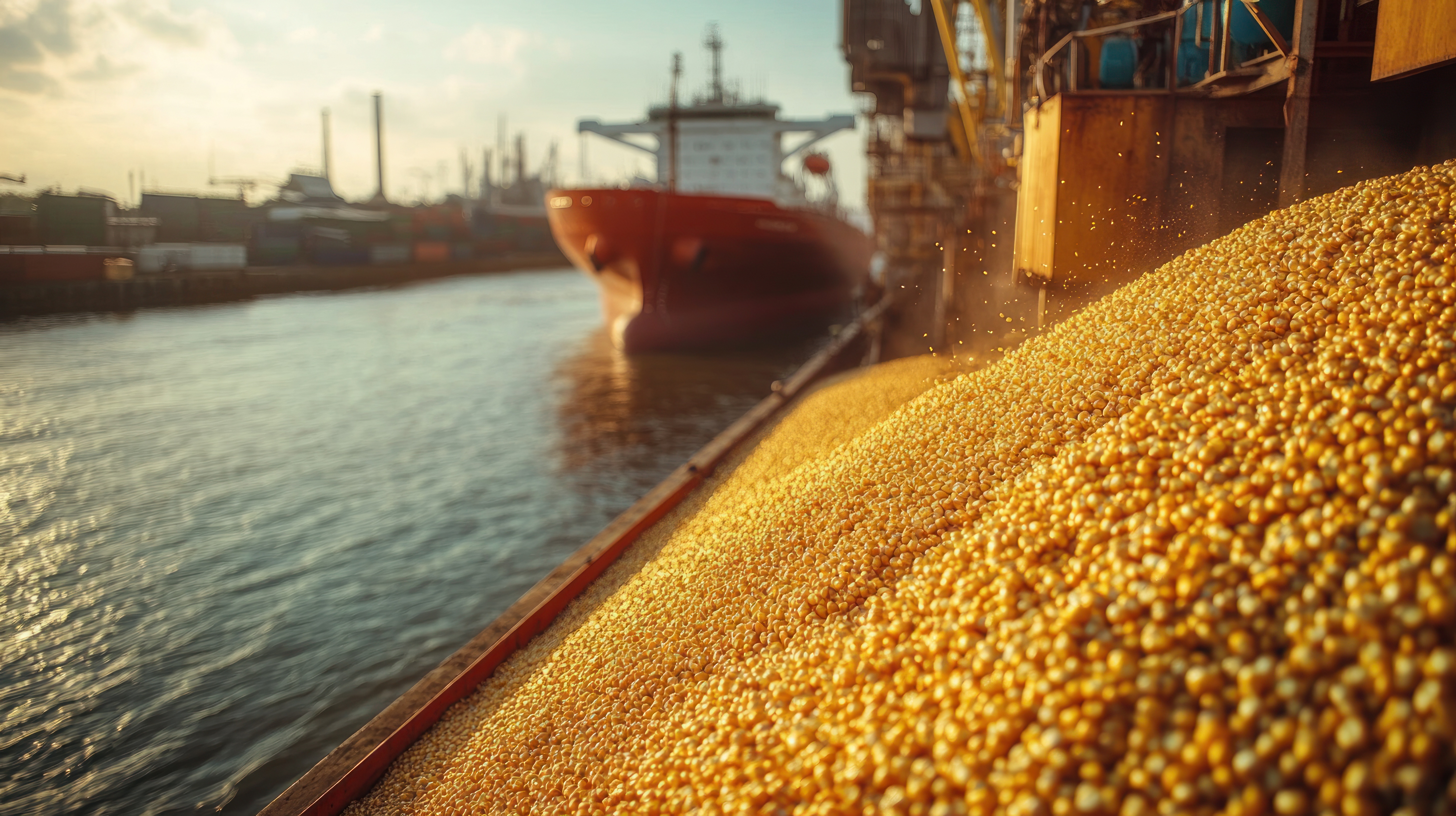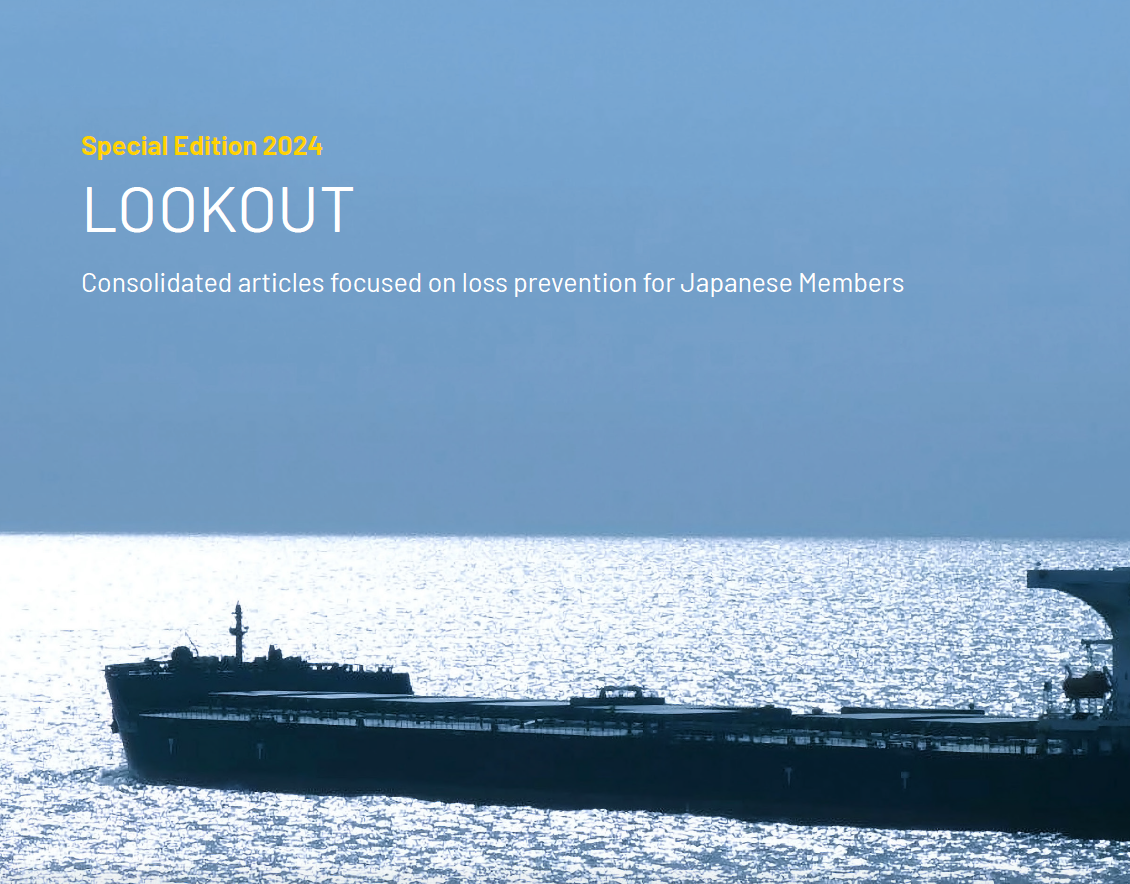
South Korea is implementing stricter regulations on ballast water due to concerns surrounding the discharge of treated water into the ocean from the Fukushima Daiichi Nuclear Power Plant in Japan.
The South Korean government, specifically the Ministry of Oceans & Fisheries, has announced its intention to conduct rapid radiation tests on ballast eater from ships departing from ports near Japan's Fukushima region. This measure aims to prevent any contamination of Korean waters through ships' ballast water.
Effective from August 24, 2023, vessels entering South Korea ports after taking on ballast water at specific Japanese ports will need to adhere to new requirements for ballast water exchange in designated water areas, as stipulated by South Korean authorities. Failure to comply with these regulations in vessel detention or fines for negligence.
Please take note of the following enforced measures.
1. Vessels intending to enter South Korean ports after loading ballast water at the six Prefectures on the eastern coast of Japan (Aomori, Iwate, Fukushima, Miyagi, Ibaraki, and Chiba Prefectures) must:
- Submit a ballast water reporting form, providing essential information on ballast water management, including uptake, exchange, and discharge, to the relevant Regional Office of Oceans and Fisheries at least 24 hours prior to arriving at a Korean port.
2. Vessels planning to discharge ballast water into Korean waters after taking on ballast water at ports within the aforementioned six Prefectures in Japan must:
- Conduct ballast water exchange outside of Korean jurisdictional waters before reaching Korean ports.
3. Vessels not intending to discharge ballast water into Korean waters after taking on ballast water at ports within the six Prefectures on Japan's eastern coast must:
- Submit data confirming the non-discharge of ballast water at least one hour before departure.
Documents to be submitted should include evidence such as the ballast water record book, log book, ballast water management system operation records, photos of ballast water tank capacity, etc., via email or other appropriate means to the relevant personnel at the Regional Office of Oceans and Fisheries.
For additional information, please refer to the attached documents.





